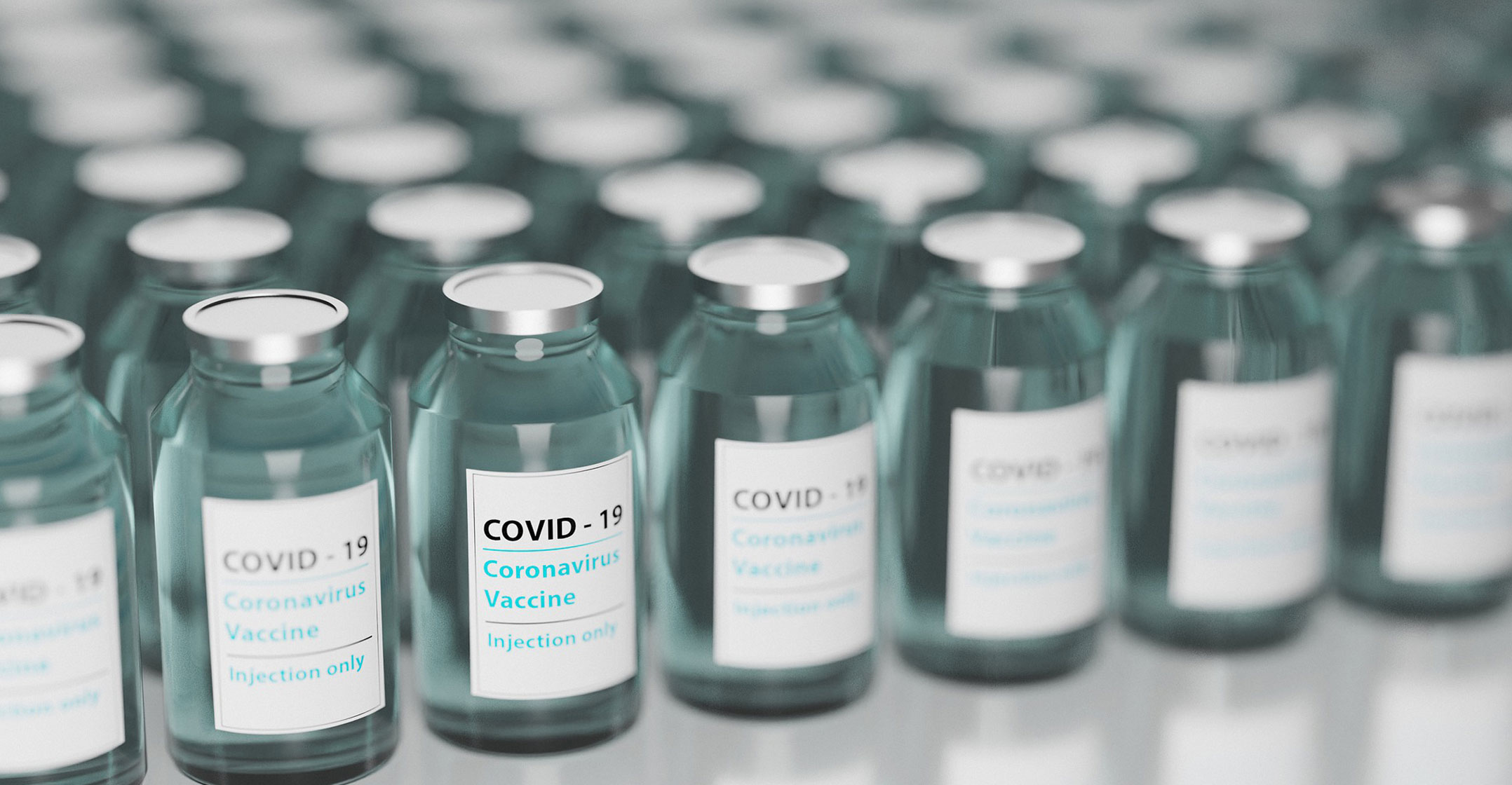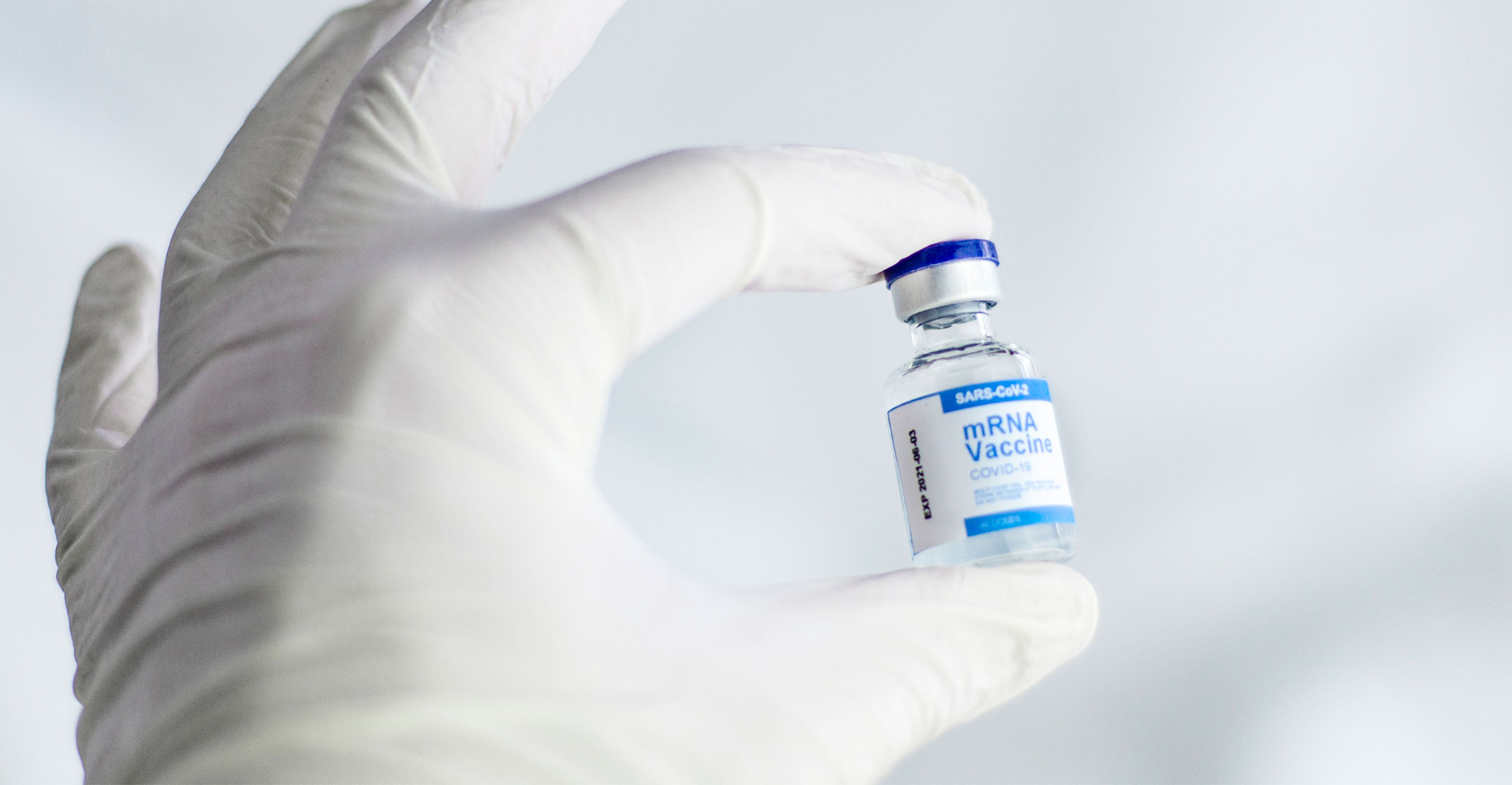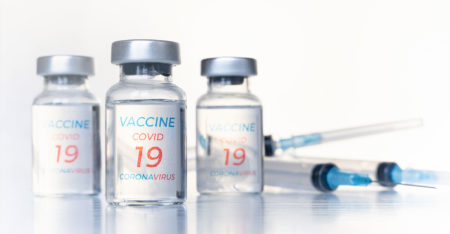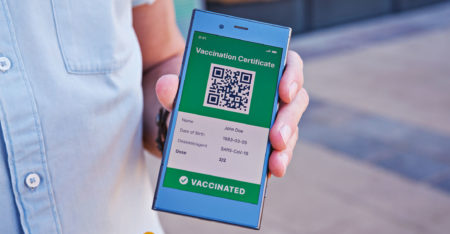 Health department director-general Dr Nicholas Crisp has expressed concern that the demand for Covid-19 vaccines has decreased.
Health department director-general Dr Nicholas Crisp has expressed concern that the demand for Covid-19 vaccines has decreased.
“We are disappointed that Covid-19 vaccination registrations are decreasing. The daily registration yesterday was only 53 379. The total registration so far is 9 237 340,” Crisp said.
Addressing a media briefing on government efforts in the fight against Covid-19 and the national vaccination roll-out programme on Friday, Crisp encouraged people to get vaccinated, as vaccines are effective and are safe.
“There will be a fourth wave but we don’t know when or which variant or how severe it will be, but we have to protect ourselves by vaccinating. The age group of 35-49 had a good start but have not sustained their interest,” Crisp said.
According to the statistics for Covid-19 registrations, 3 035 017 people in the age group 35-39 have registered; 1 929 586 have registered in the age group 50-59, while in the above-60group, 3 459 374 have registered for the vaccine. Some 813 000 health workers have also registered.
Administered
South Africa has to date administered 9.2 million vaccines, with two million people receiving the Johnson & Johnson vaccine and 7.2 million receiving Pfizer. By the end of December, the country needs to have vaccinated 28 million people.
“A total of 5 227 525 people have received their first Pfizer dose for the vaccine and of those, 1 936 711 have received their second dose of the vaccine. Individuals who have been vaccinated amount to 7 249 045 and, of those individuals, 3 958 231 have been fully vaccinated,” Crisp said.
Females continue to vaccinate in their numbers, accounting for 59.7% of the vaccines that have been administered, while males account for 40.3%.
 He said there is no vaccine constraint for August and September. “Our vaccination capacity across the public and private sectors is good,” he said.
He said there is no vaccine constraint for August and September. “Our vaccination capacity across the public and private sectors is good,” he said.
National Immunisation Safety Expert Committee chair Hannelie Meyer said the vaccines that are being used in the country are safe, as all vaccines are tested during three phases of clinical trials before they are approved. In phase three, there were 43 548 volunteers for the Pfizer vaccine and 43 783 for the J&J vaccine.
“Any health problem that follows after vaccination is considered an adverse event following immunisation, but it does not necessarily have a cause or relationship with the use of the vaccination. “It could be any symptom, sign, laboratory finding or a disease. An adverse event can be either a true adverse reaction — a side effect — or it could be a coincidental event that happened following vaccination,” Meyer said.
She said very common adverse events are usually minor reactions such as fever or headaches, while uncommon adverse events are rare. “The minor vaccine reactions are the ones that are being commonly experienced on Covid-19 potential risk. It is the way the body is reacting as part of the immune response. They start within a few hours and they clear within two to three days.
“We have seen that they are more intense in the younger population, those who have had Covid-19 before and those who get the second dose of the vaccine,” Meyer said. She emphasised the importance of seeking medical assistance if the reactions become more severe or if they are long lasting.
“People should seek treatment when they experience symptoms of concern and they should not assume that these symptoms are reactions to the vaccine. They could be coincidental to the vaccine, and there could be something else wrong with them,” she said.




